Recorded in Muscle Shoals with famed producer Norbert Putnam and legends of the illustrious Muscle Shoals musical history
Go here for the full annotated story
HERE’S a great long-form interview and story about the creation of the album from the Chicago Reader
Carted to Alabama under the cloud of dark politics, a band drew a glistening straight line from punk to country to soul to grand theater. On November 8th, the day after the 2016 election, Welsh-bred, Chicago-based musician and visual artist Jon Langford and a crew of merry-makers and alchemists filed into the NuttHouse studio, a one-story former bank building in Sheffield, Ala. (population 9,039). The musicians from Chicago, Nashville, Los Angeles, and just over the Tennessee River bridge made the pilgrimage to a place of legend and myth, where music runs as deep as the river’s current, to see what might come of it all.
Four Lost Souls, recorded over four days, originated in 2015, 100 miles north in Nashville where Langford produced artwork for Dylan, Cash, and the Nashville Cats: A New Music City, the long-running exhibit at the Country Music Hall of Fame. Fate had it that one of those Nashville Cats, bassist and producer Norbert Putnam, was so enamored with Langford’s paintings and piratey singing, he invited the stranger to come record in the Shoals.
A year later Langford is in that studio with many of the musicians who put the region, as well as renowned FAME Studios and Muscle Shoals Sound Studios, on the musical map. Among them, members of the Swampers, David Hood and Randy McCormick—world famous players who have performed on all the songs you ever loved—and next-generation, in-the-right-pocket local drummer Justin Holder. Along for the ride were Nashville’s in-demand pedal steel guitarist Pete Finney and guitarist Grant Johnson. Together they dutifully crafted a project brimming with images of killing and hope, Faulkner, the Natchez Trace, and the sea.
As word got out around town, the musicians of the Shoals stopped by to see what Putnam was up to with these Chicagoans — Jon, guitarist John Szymanski, and the electrifying singers Bethany Thomas and now-LA-based Tawny Newsome. Tomi Lunsford, a mountain soprano from Nashville, slipped into the vocal booth to duet with Langford. The morning after his gig at Champy’s, a local watering hole, Will McFarlane parked his Harley at the front door to say hello. Five minutes later he was behind studio glass with his guitar. And five minutes after that, he was back on his bike turning the corner in a cloud of dust and exhaust.
Thus was the strange weather in the Shoals during that week in American history. Crammed between arrival and departure at the NuttHouse was a fever heat of creativity that crossed musical generations, racial lines, and the invisible barrier separating the flatlands of the upper Midwest and rolling hills of the deepest South. Even the ocean between the Delta and the dingy port city of Newport, South Wales, Jon’s hometown, evaporated out of sight.
The South is full of ghosts and they all ask unresolved questions. Nothing is settled and the music won’t sleep. Muscle Shoals itself personifies a place where America’s great cultural explosion transcends the murderous politics of race and class that stain this country from slavery and civil war to today. To tomorrow. The music speaks to the best in us, while reflecting, at times, the worst of us.
Four Lost Souls is pure Americana, not just because of where it was recorded or who played on what track, but because it is beyond the news of the day. It is a travelogue of sorts; it goes to a place where the differences between country, soul, blues, and rock-and-roll are blown aside by the warm languid breezes. The music had no time for such petty details, because in the moment, in that place, was the sound of sweet agreement.
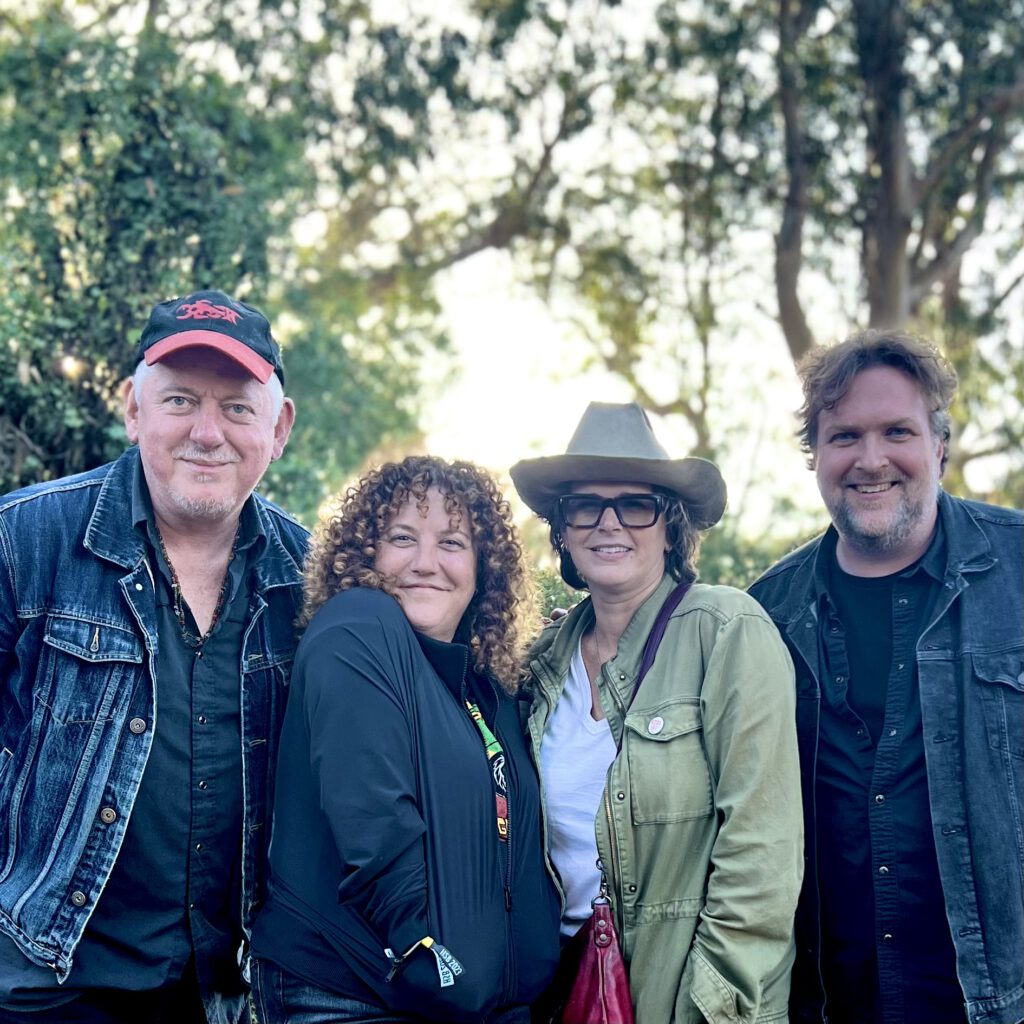
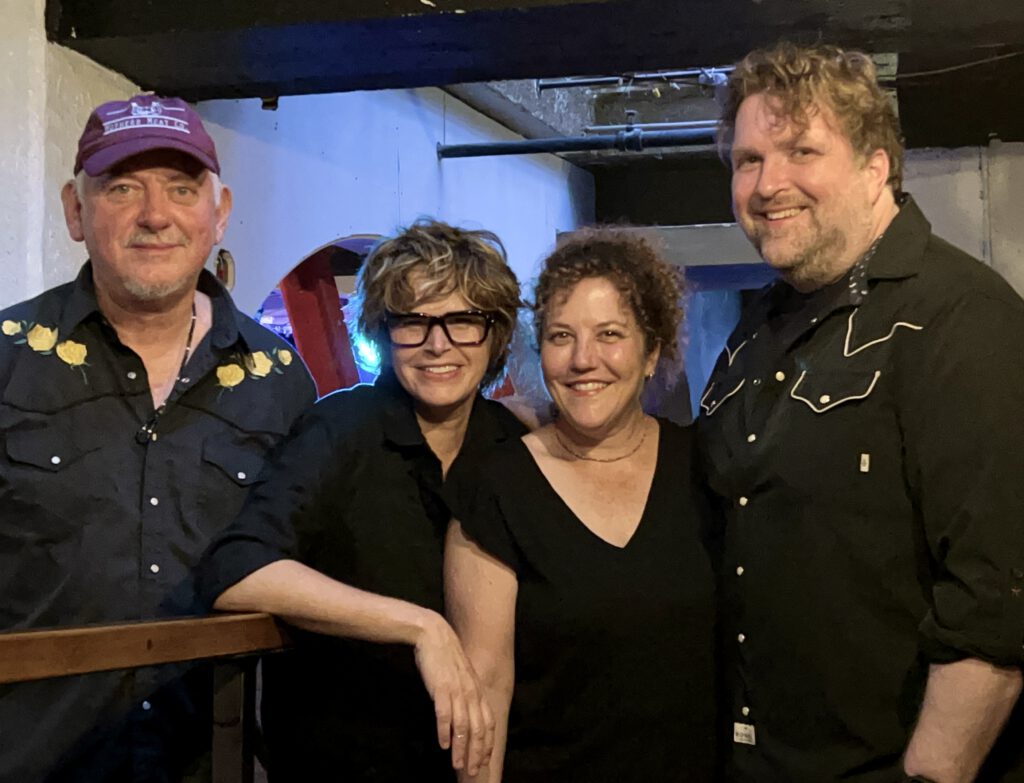
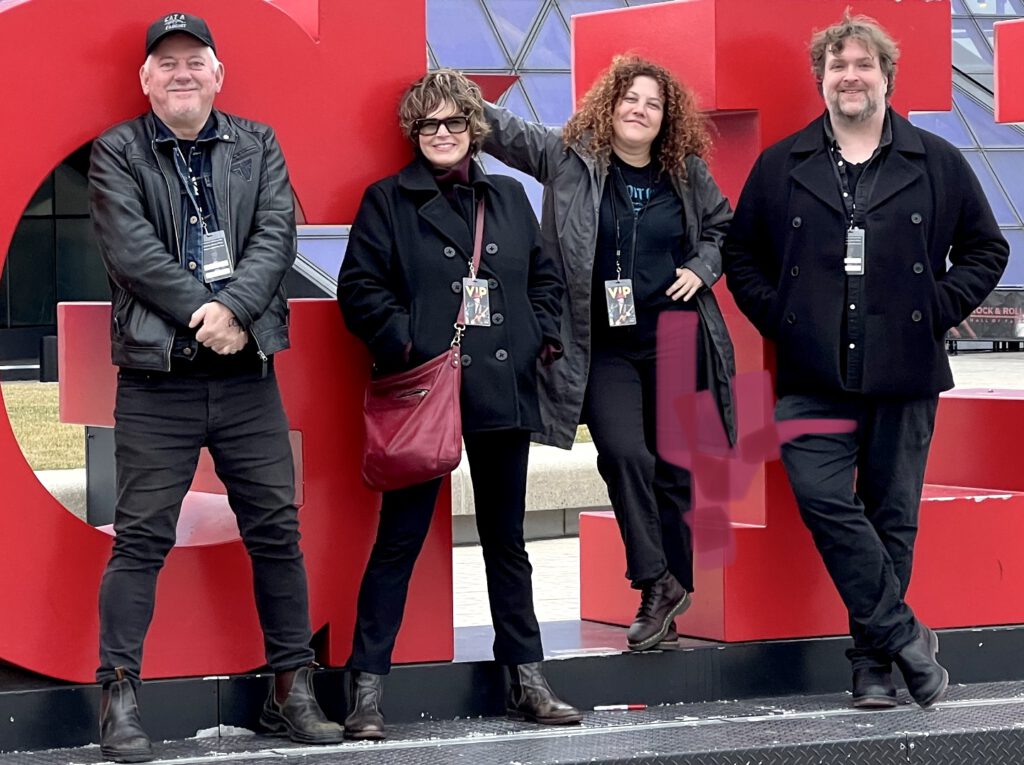
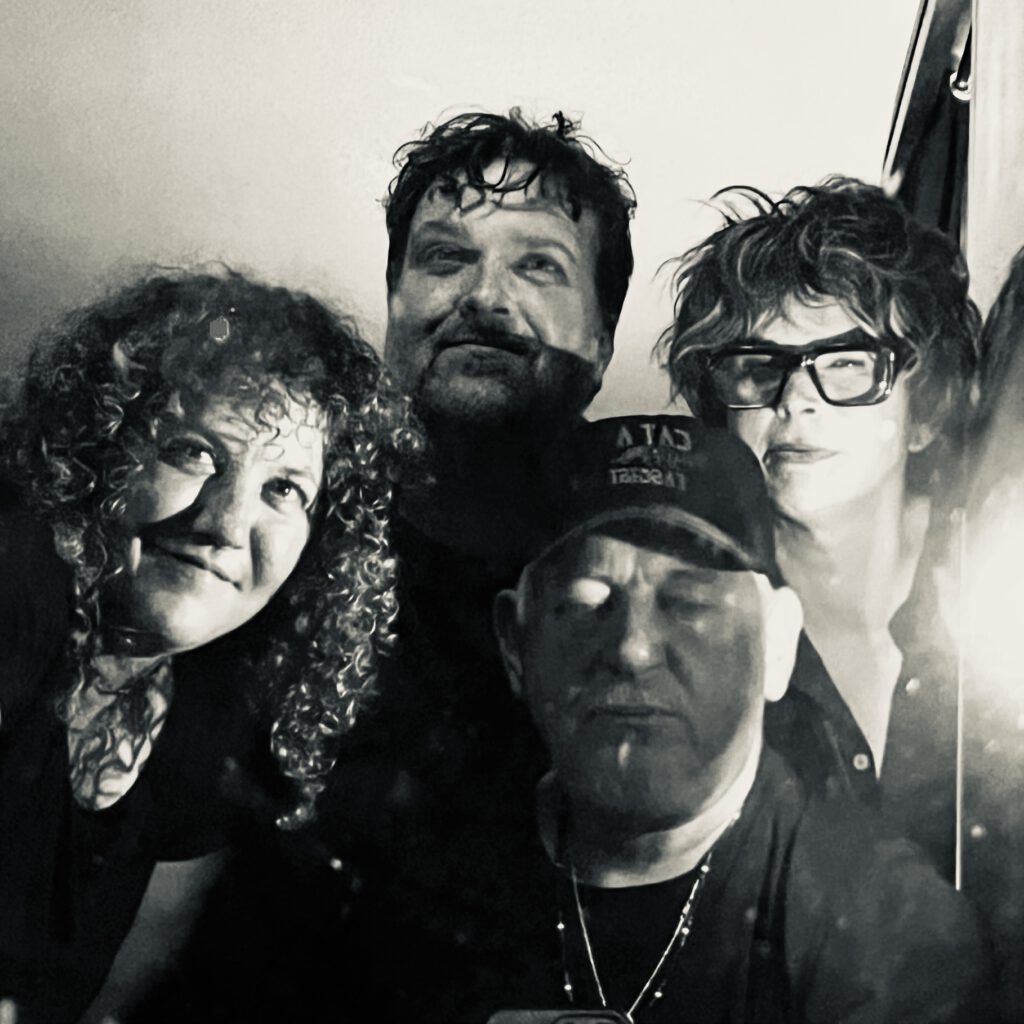

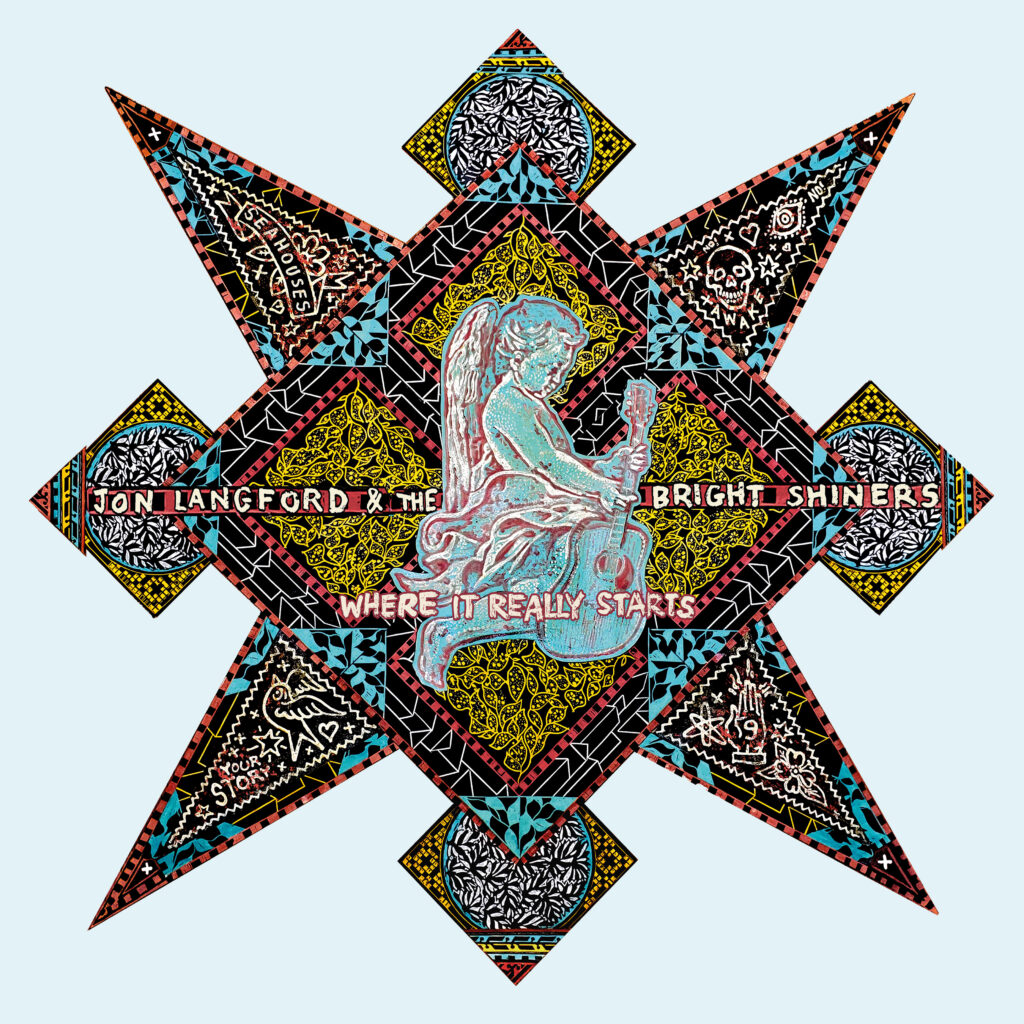
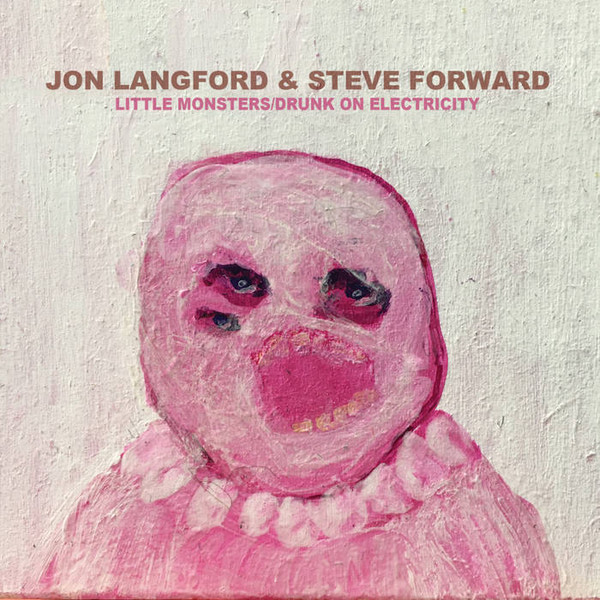
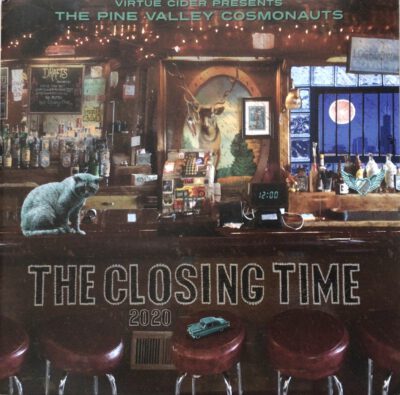
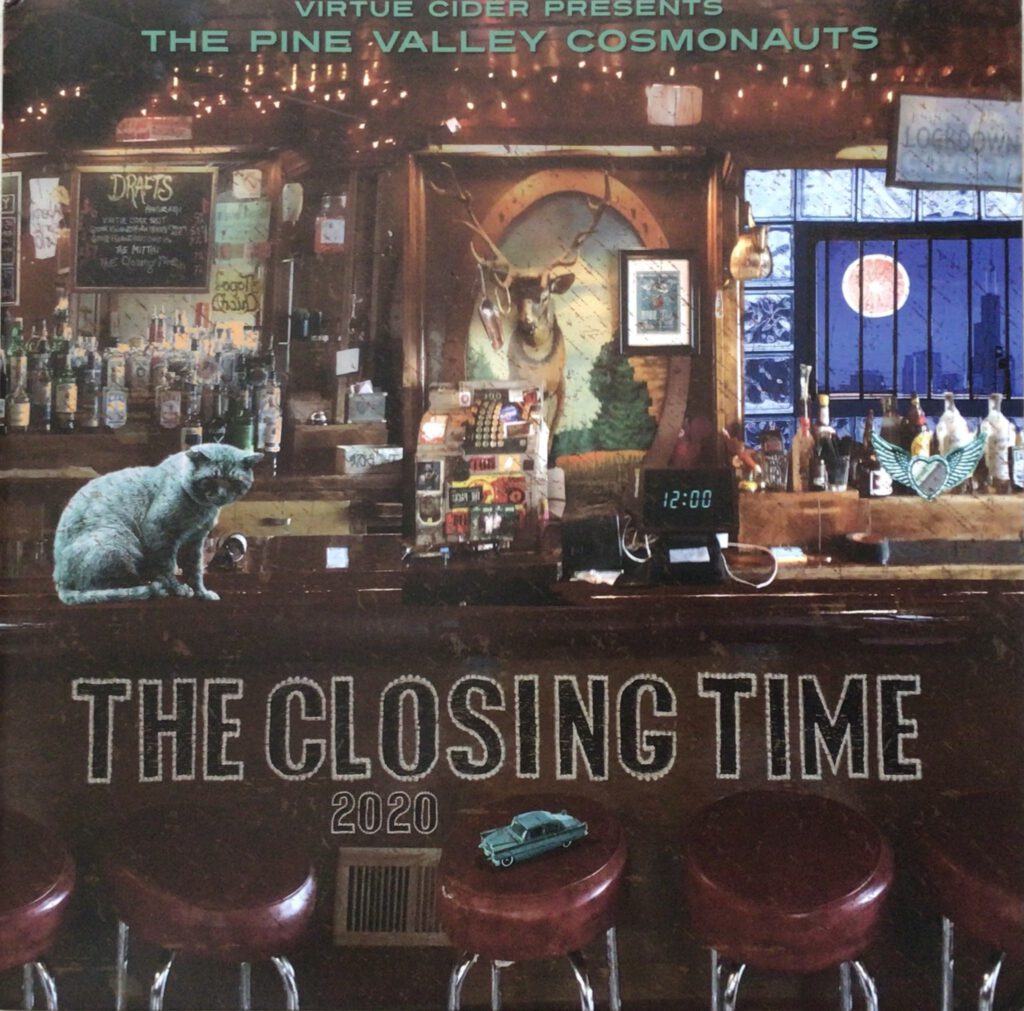
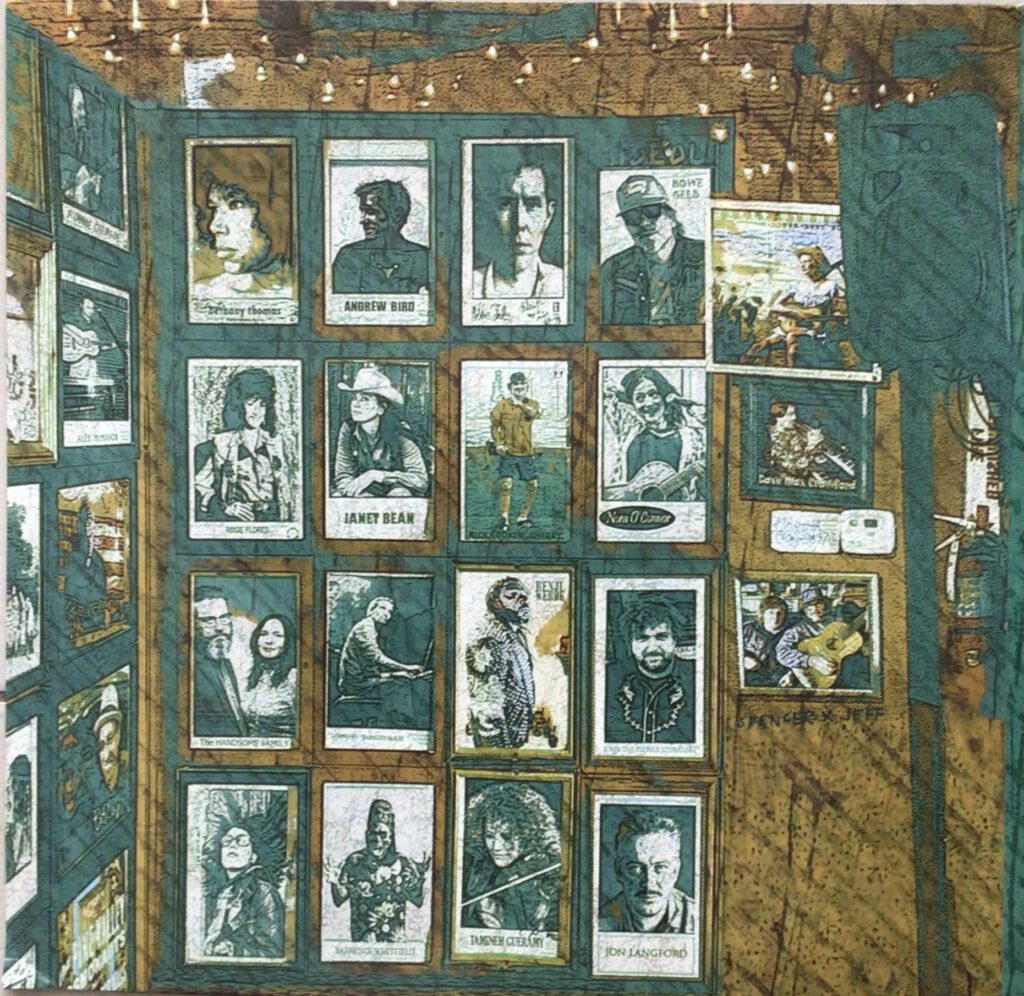
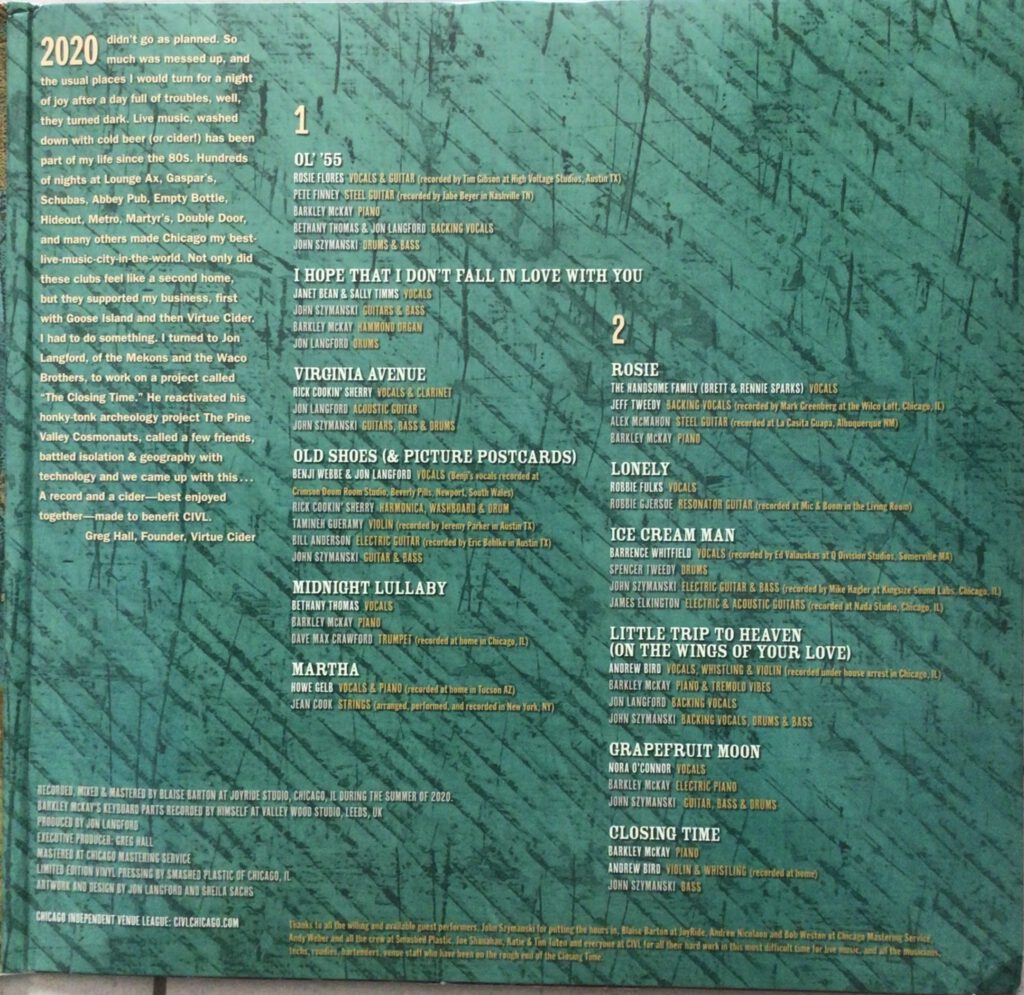
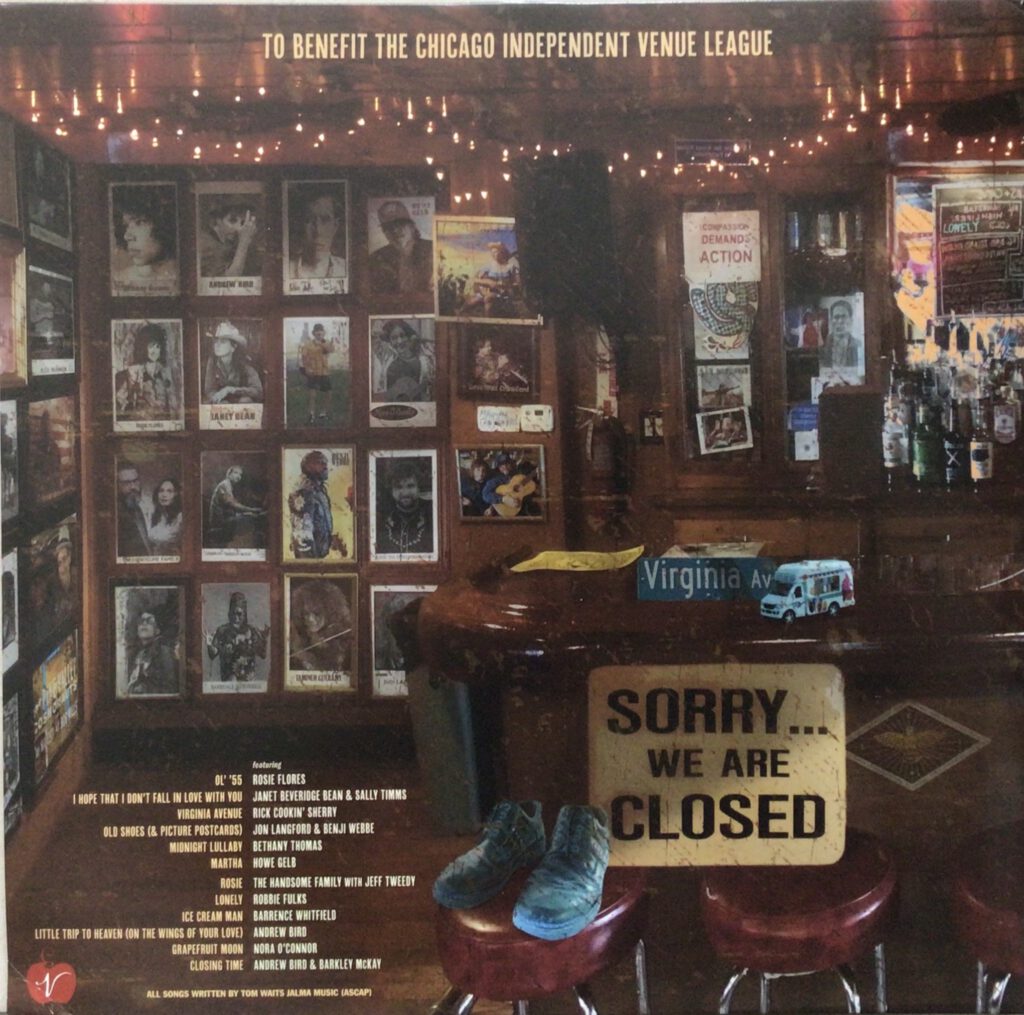

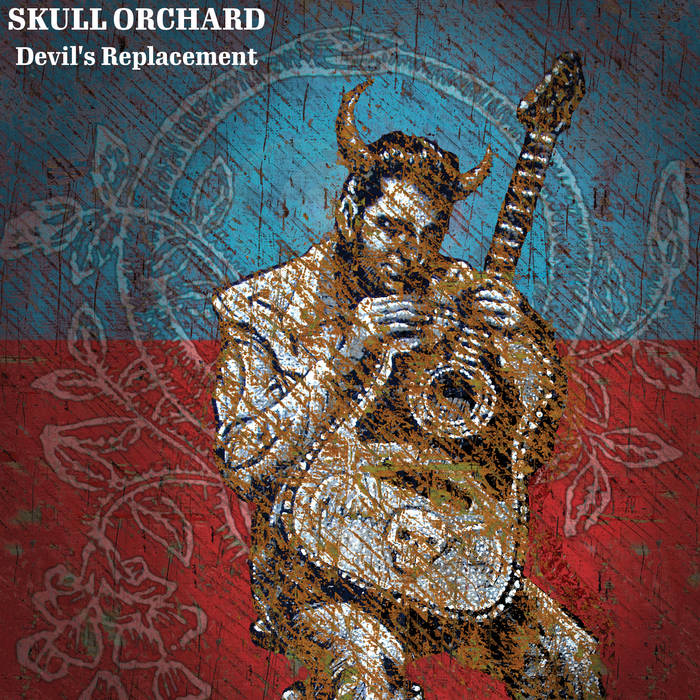
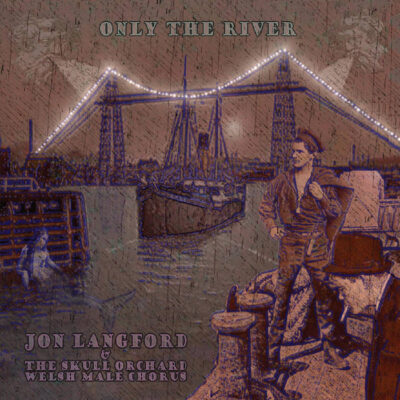
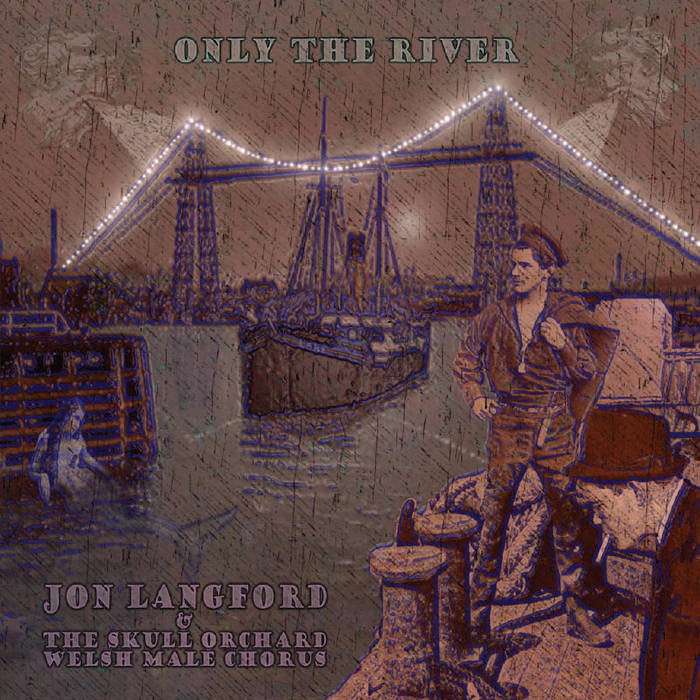
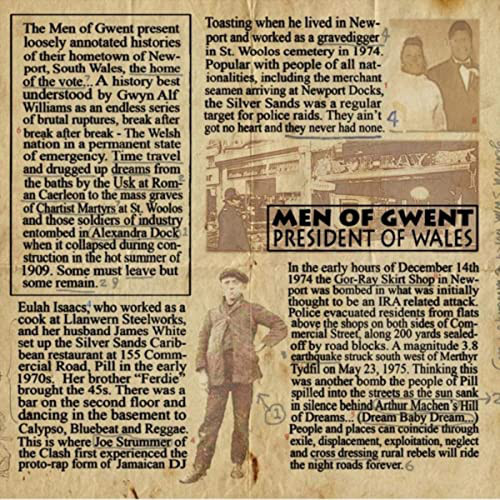
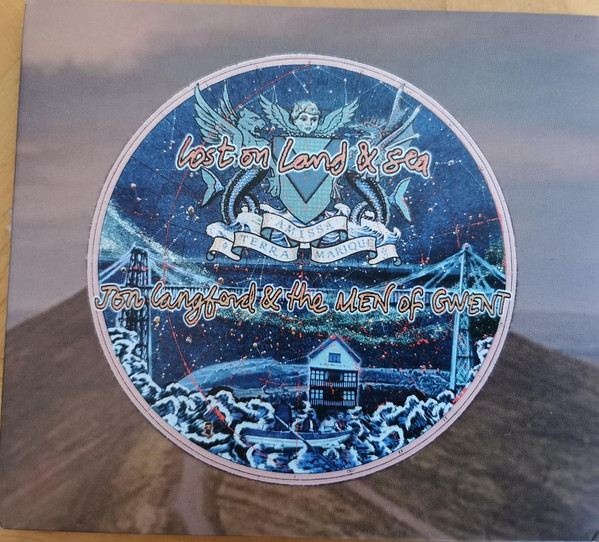
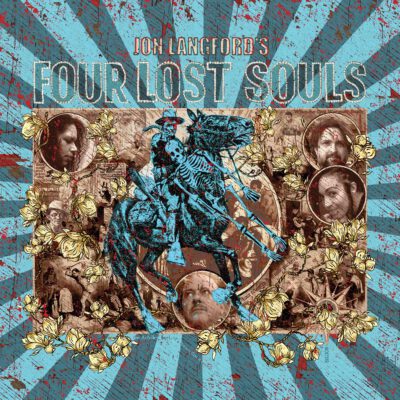




 Men of Gwent musicians are:
Men of Gwent musicians are: